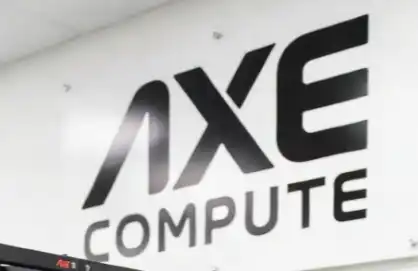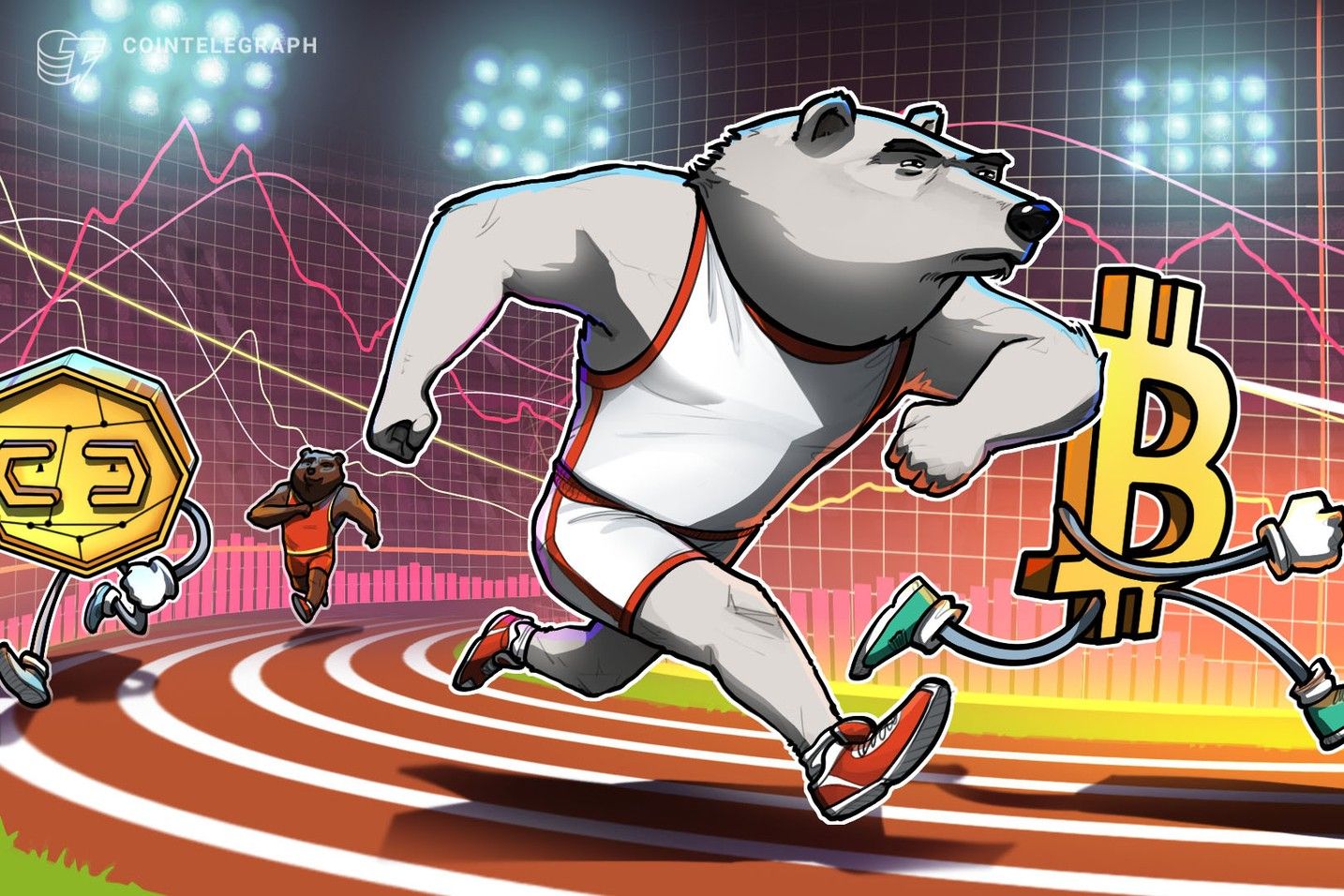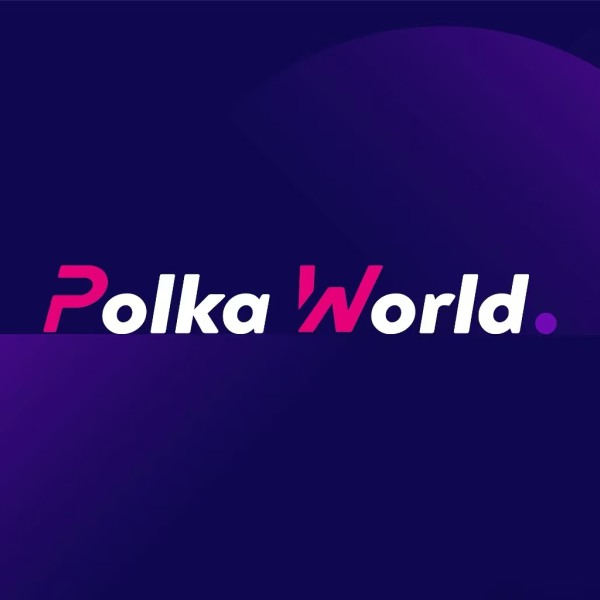EU Regulators Warn of "False Ownership" Risks Behind Tokenized Stock Boom
Reference sources include content organized from the official ESMA website and relevant reports from the World Federation of Exchanges: Peter_Techub News. With the development of blockchain technology,
Reference sources include the ESMA official website and reports from the World Federation of Exchanges
Content organized by: Peter_Techub News
As blockchain technology continues to penetrate the financial sector, tokenized stocks, as an emerging digital asset, are rapidly attracting market attention. However, the European Securities and Markets Authority (ESMA) recently issued a warning, pointing out that such assets may mislead retail investors and trigger a crisis of market trust. The following content, based on authoritative sources, delves into the current state and potential risks of tokenized stocks.
The “Illusory” Ownership of Tokenized Stocks
Tokenized stocks track the share prices of listed companies through blockchain technology, allowing investors to participate in market trading in the form of digital assets. However, ESMA Executive Director Natasha Cazenave pointed out that many tokenized stock products promoted in the EU do not grant investors traditional shareholder rights, such as voting rights or dividend distributions. These products are usually issued by special purpose vehicles or intermediaries, and the tokens held by investors only reflect the price fluctuations of the underlying stocks, not actual equity ownership.
Cazenave emphasized that this information asymmetry may lead retail investors to mistakenly believe they own company shares, thereby overestimating the safety and return potential of their investments. She warned that this misunderstanding of “false ownership” could threaten investor confidence and market stability.
Global Craze and Regulatory Concerns
The rise of tokenized stocks coincides with the accelerated deployment of global fintech platforms. Platforms such as Robinhood and Kraken have already launched related products in Europe and other regions, attempting to offer more flexible trading methods through tokenization, such as fractional investing and 24/7 market trading. However, the World Federation of Exchanges (WFE) has also recently expressed concerns, calling on regulators to strengthen oversight before the tokenized market expands, in order to prevent potential risks from impacting investors.
The WFE pointed out that if regulation lags behind, tokenized products may expose investors to unforeseen losses and even undermine market fairness. EU regulators are clearly closely monitoring this field, striving to protect investors’ interests while encouraging technological innovation.
The Gap Between Tokenization’s Potential and Reality
Proponents of tokenization believe that this technology has the potential to revolutionize traditional financial markets by reducing transaction costs, enhancing asset liquidity, and expanding investment channels, thereby reshaping the way assets are traded, from stocks to real estate. For example, tokenization allows small investors to participate in high-value asset trading at low cost, theoretically significantly increasing market inclusivity.
However, Cazenave pointed out that the actual results of current tokenization projects fall far short of expectations. Many projects are small in scale and lack liquidity, and improvements in trading efficiency have yet to materialize. In addition, the complex structure and unclear legal status of tokenized assets further increase investors’ risk exposure.
Asian Perspectives and Future Outlook
In Asia, tokenized assets are also attracting attention. The recent launch of a stablecoin regulatory framework in Hong Kong (referencing the new regulations from the Hong Kong Monetary Authority effective August 1) has provided a compliance path for tokenized assets, while Japan and South Korea are also exploring similar mechanisms. Nevertheless, regulation of tokenized stocks in Asian markets is still in its early stages, and investors should be wary of information asymmetry and market volatility risks.
The EU’s regulatory stance serves as a wake-up call for global markets: the innovative potential of tokenized stocks cannot be ignored, but transparency and investor protection remain central. In the future, as technology matures and regulation improves, tokenized assets are expected to gain a foothold in global financial markets. However, for now, investors should remain cautious and prioritize regulated platforms and products.
Conclusion
As a cutting-edge field in fintech, tokenized stocks bring both investment opportunities and significant risks. The warnings from EU regulators remind us that clear rules and adequate information disclosure are crucial while pursuing innovation. When participating in the tokenized market, investors should carefully identify product attributes and monitor regulatory developments to ensure their rights and interests are not compromised.
See more Web3 news... Download the Techub News APP

Scan the code to download the Techub APP for more Web news
Disclaimer: The content of this article solely reflects the author's opinion and does not represent the platform in any capacity. This article is not intended to serve as a reference for making investment decisions.
You may also like
Axe Compute (NASDAQ: AGPU) completes corporate restructuring (formerly POAI), enterprise-level decentralized GPU computing power Aethir officially enters the mainstream market
Predictive Oncology officially announced today that it has changed its name to Axe Compute and will trade on Nasdaq under the ticker symbol AGPU. This rebranding marks Axe Compute's transition into an enterprise-level operator, officially commercializing Aethir's decentralized GPU network to provide robust, enterprise-grade computing power services for AI companies worldwide.

Bitcoin new year bear flag sparks $76K BTC price target next

Ether price rallied 260% last time this happened: Can ETH reach $5K?

When "decentralization" is abused, Gavin Wood redefines the meaning of Web3 as Agency!

